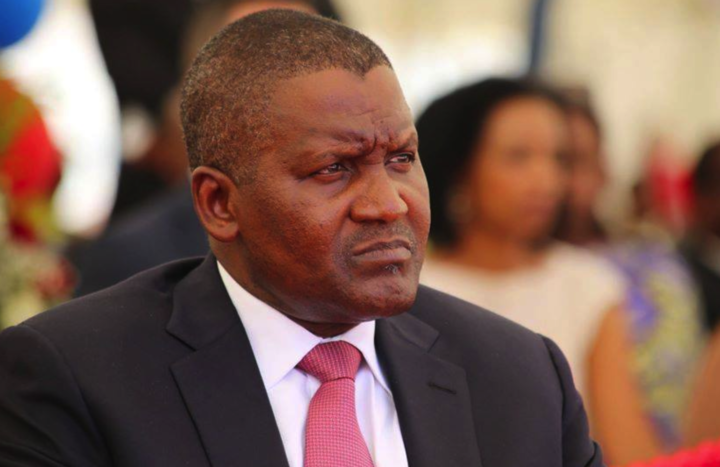Aliko Dangote, president of the Dangote Group, says the increase of interest rate to almost 30 percent by the Central Bank of Nigeria (CBN) will stifle growth.
Speaking on Tuesday during a three-day summit organised by the Manufacturers Association of Nigeria (MAN) in Abuja, Dangote said the country is battling “a very high” interest rate.
In May, the monetary policy committee (MPC) of CBN raised interest rates from 24.75 percent to 26.25 percent
The business tycoon said he understands that the CBN aims to tame inflation by increasing interest rate.
Advertisement
“Right now, at 30 percent, there is no way anybody can create jobs. If the interest rate is 30 percent, there would not be any job creation because we are actually stifling growth,” he said.
“So, interest rates can remain at 30 percent but then no growth will happen unless that interest rate goes down.”
‘DANGOTE CEMEMT AND TAXES’
Advertisement
The billionaire said Dangote Cement alone paid “more taxes” into the coffers of the government “than the entire banking industry” in 2023.
Dangote also said protecting industries would not lead to monopoly, adding that it is common knowledge that foreign investors only enter the market when they see that local investors are also doing well.
“I am convinced that when government policy becomes more supportive and protective, investors will be more willing to collaborate and partner with the government in resolving other challenges such as infrastructure deficits, market instabilities and macro-economic issues such as inflation and foreign exchange volatilities,” he said.
The businessman reiterated that Nigeria has all it takes to develop and sustain a globally competitive manufacturing sector.
Advertisement
Dangote called for re-thinking of the country’s industrialisation policy, through learning from leading western and eastern countries that are actively protecting their domestic industries.
Add a comment











